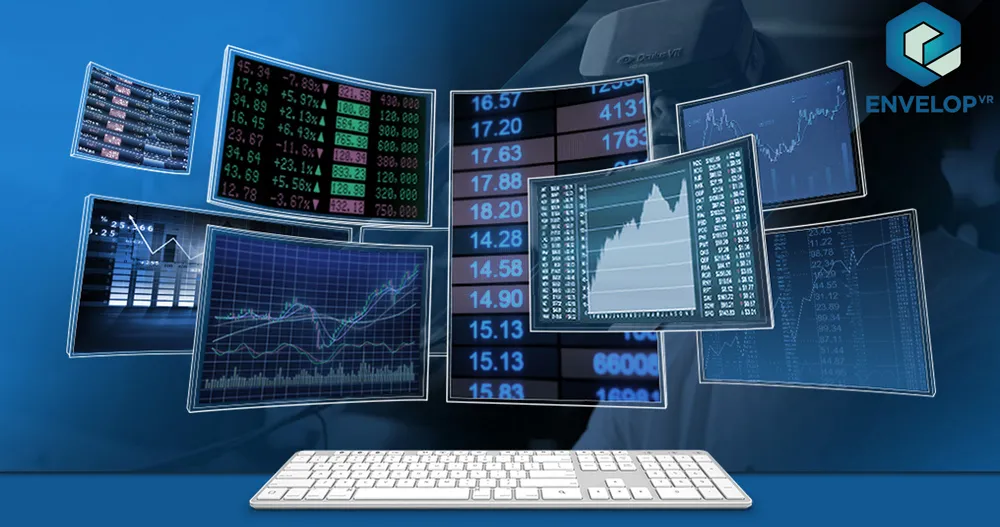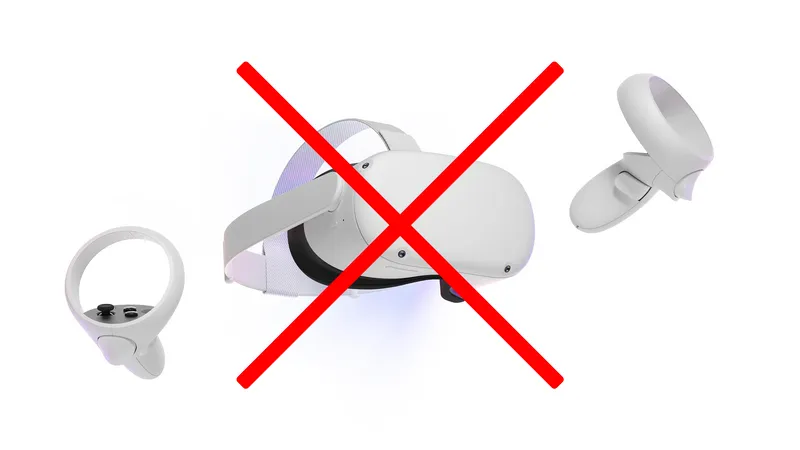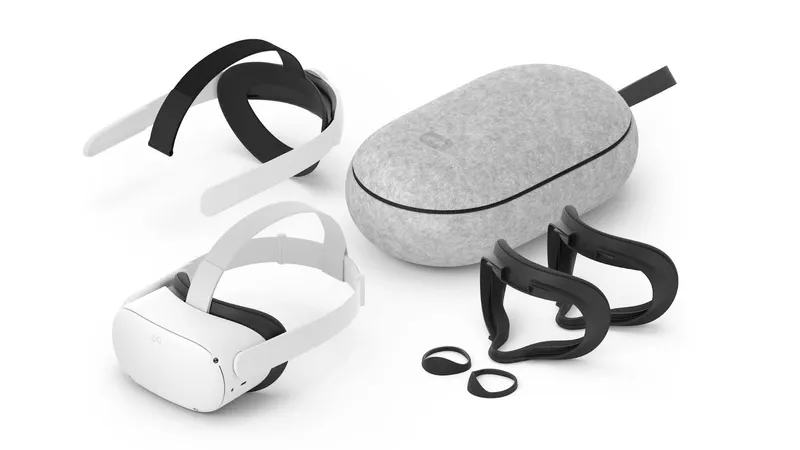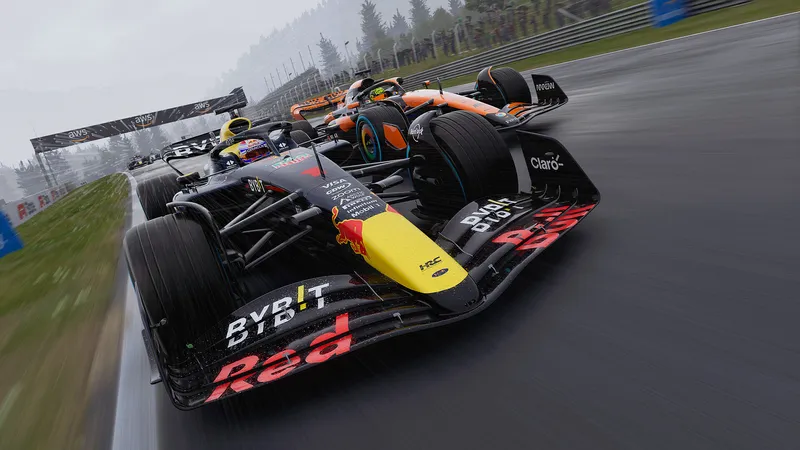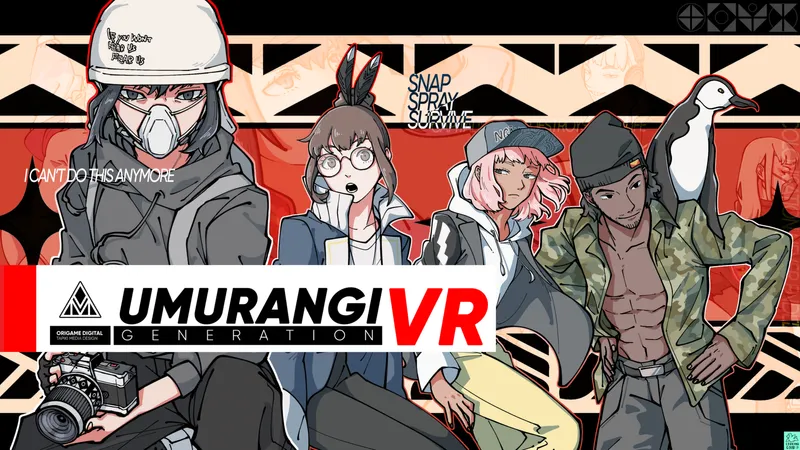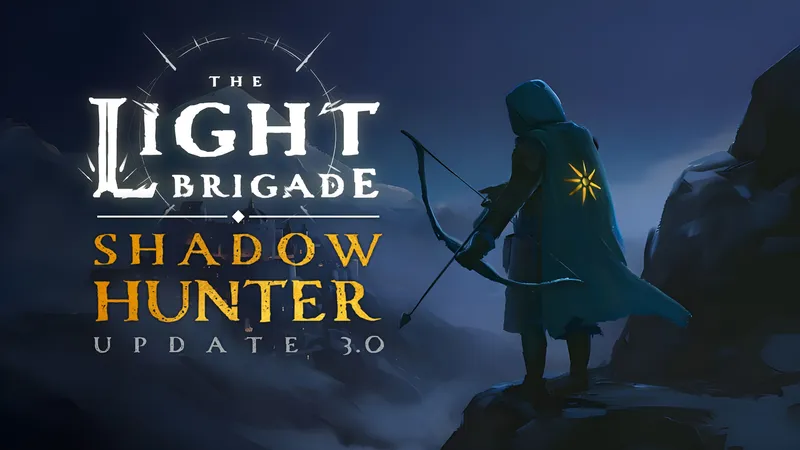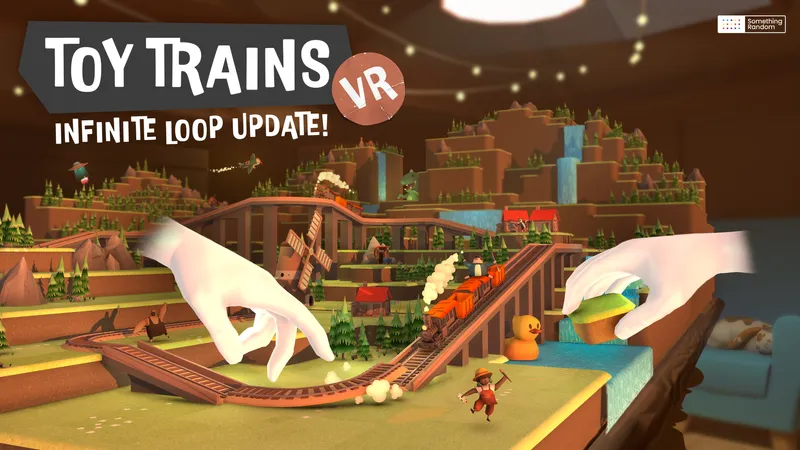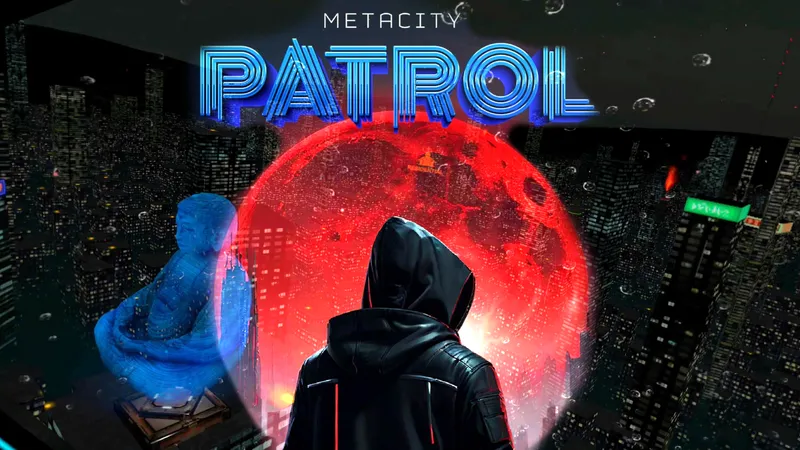On Wednesday, visitors to virtual reality startup EnvelopVR’s website were faced with a blunt announcement, and a sobering one for fans: “EnvelopVR has closed. Please use info@envelopvr.com for any inquiries.”
One of the earliest VR startups, Envelop launched in 2014 as an effort to bring the traditional Windows desktop experience into VR, and drew the interest of high-profile VCs including Madrona and GV. It would have allowed users to create immersive 3D computing environments, effectively rendering screens obsolete.
It’s not the only recent closure, however. Vrideo, intended to become an online platform and hub for VR video — effectively the YouTube of VR — shut down this past November, despite a successful seed round with eleven VC, angel, and incubator investors.
The good news is for those worried, neither of these startups actually got off the ground realistically. At the end of the day, there’s not much to mourn, besides their potential. That’s just about the only good news though, because all signs point to this happening a whole lot more over the next year, and we should start getting used to it.
I’m bullish on VR, all the way. I wouldn’t be writing about it so much if I wasn’t. But, reality check: these are very early, very turbulent days for an entirely new digital medium, one that will very likely surpass the smartphone in its impact.
Founders jumping into this space are building businesses on technology that, by all accounts, isn’t even ready for big-time consumer use. Even if you do build a product that solves one of VR’s many current pain points, there’s a good chance that whatever you’re developing will be rendered obsolete from one day to the next, and you’ll never see it coming.
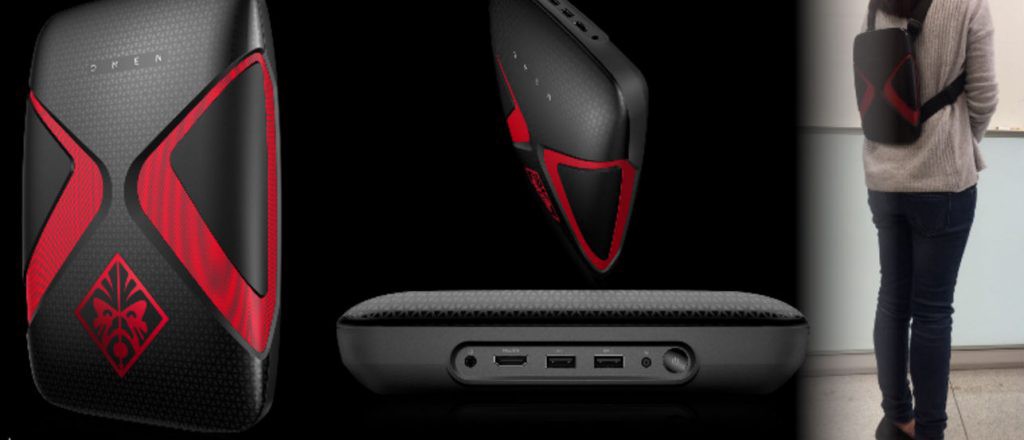
The rapid-fire pace of progress is a blessing to all of us eager to see VR become a mainstream hit, but it’s somewhat of a curse for many founders.
While some VR startups are about to start failing for the reasons mentioned above, Envelop had a different cause of death: an inability to get to market.
It’s hard to say whether Envelop ran out of runway outright, but they were certainly going to if they hadn’t closed up shop. Envelop reportedly had trouble finding enterprise buyers, and struggled to communicate clear use cases for their product. In addition, there was tremendous opposition on the horizon from incumbents in the computing space, many of whom — including Microsoft, Intel, and NVIDIA— are looking to cut as big a piece of the VR pie as they can.
That is not to say that incumbents have it easy either, only that they have enough reserves to outlast many of their smaller competitors. Indeed, it’s largely a war of attrition at this point, and will remain so as long as the hardware fails to match the standards of enterprise and consumer markets. While the tech has advanced in leaps and bounds since the Oculus DK1, resolution and comfort still aren’t at a point that would justify spending an entire day in VR, and that’s a big drawback, as some have learned.
It’s a bad sign for investors too, particularly those who invested in early VR startups like Envelop as far back as 2012, long before consumers even had a chance to touch this generation of VR. Those are precisely the startups that will start to feel the effects very soon.
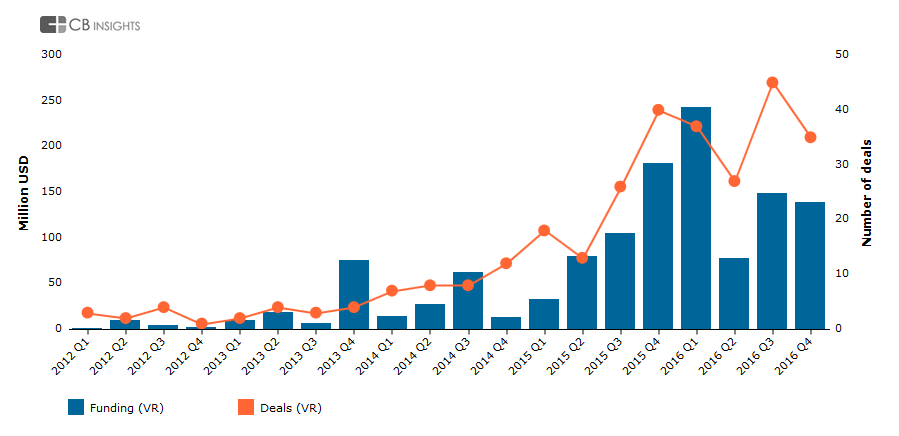
All that being said, investors need to stay their course.
Investing in the VR ecosystem may be particularly risky at this stage, but that comes with the potential for extraordinary upside. Though consumer activity is limited for now, even a few very early startups are already seeing revenues into the millions, and once VR gets the right set of “killer apps,” the floodgates will open, and billions in consumer and enterprise money will very quickly flow in.
Besides, founders playing in this space implicitly agree that — more so than in other industries — they may be on a suicide mission. All the more reason for investors interested in seeing VR succeed, and excited by the potential gains for their funds, to support founders with the passion to pursue VR at such an early stage. Now that VR is actually in the hands of consumers, we may be on the cusp of mainstream adoption; now is the best time to be investing.
Madrona Venture Group, who led the funding round for Envelop, had this to say in the wake of the closure:
We continue to believe in the future of VR and AR — for consumer experiences, entertainment and enterprise innovation. We have a strong portfolio of AR/VR related investments and are committed to the category for the long term.
That is the right attitude to have, and it is an attitude that investors should carry forward through what will likely be a hard time for early VR startups. If investors fail to adequately support these early pioneers, the industry itself might fail, and we could lose out on a spree of innovation poised to change the digital world forever.
This opinion piece originally appeared on Medium by Marcello Miranda. Marcello is a tech entrepreneur and writer for Virtual Reality Pop and The Cube. Follow him on Medium and Twitter for more.

